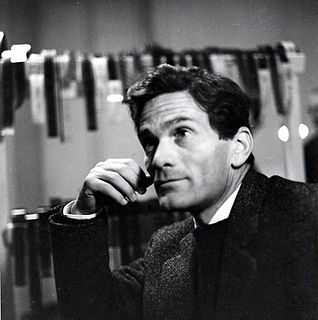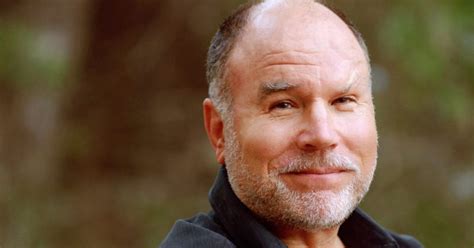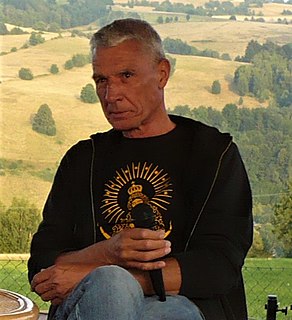A Quote by Pier Paolo Pasolini
And dead an epoch of our existence, which in a world destined to humiliate us was moral light and resistance.
Related Quotes
One should not understand this compulsion to construct concepts, species, forms, purposes, laws ('a world of identical cases') as if they enabled us to fix the real world; but as a compulsion to arrange a world for ourselves in which our existence is made possible:-we thereby create a world which is calculable, simplified, comprehensible, etc., for us.
The world petroleum story is one of the most inhuman known to man: in it, elementary moral and social principles are jeered at. If powerful oil trusts no longer despoil and humiliate our country it is not because these predators have become human, but because we have won a hard-fought battle which has been going on since the beginning of the century.
Hopelessness may be the saddest word in our language. Despair is the enemy of our souls. It can paralyze us, halt our progress, and cause us to lose our way. But hope awakens us like a light shining in the darkness. We can endure all things when our hope is centered in one who will never fail us-our Savior, Jesus Christ, who is the light of the world.
Let us, then, take our compass; we are something, and we are not everything. The nature of our existence hides from us the knowledge of first beginnings which are born of the nothing; and the littleness of our being conceals from us the sight of the infinite. Our intellect holds the same position in the world of thought as our body occupies in the expanse of nature.
The birth of Christ our Lord was more than an incident, it was an epoch in the history of the world... He came to teach us the character of God, and by example and precept pointed out the path which, if we walk in it, will lead us back into his presence. He came to break the bands of death with which man was bound, and made possible the resurrection by which the grave is robbed of its victory and death of its sting.
Fear is good. Like self-doubt, fear is an indicator. Fear tells us what we have to do. Remember our rule of thumb: The more scared we are of a work or calling, the more sure we can be that we have to do it. Resistance is experienced as fear; the degree of fear equates to the strength of Resistance. Therefore the more fear we feel about a specific enterprise, the more certain we can be that that enterprise is important to us and to the growth of our soul. That's why we feel so much Resistance. If it meant nothing to us, there'd be no Resistance.
An entertainment is something which distracts us or diverts us from the routine of daily life. It makes us for the time being forget our cares and worries; it interrupts our conscious thoughts and habits, rests our nerves and minds, though it may incidentally exhaust our bodies. Art, on the other hand, though it may divert us from the normal routine of our existence, causes us in some way or other to become conscious of that existence.
The greatest responsibility in this world that God has laid upon us is to seek after our dead. The apostle says, 'They without us cannot be made perfect'; for it is necessary that the sealing power should be in our hands to seal our children and our dead for the fulness of the dispensation of times-a dispensation to meet the promises made by Jesus Christ before the foundation of the world for the salvation of man.
Buddha wrote a code which he said would be useful to guide men in darkness, but he never claimed to be the Light of the world. Buddhism was born with a disgust for the world, when a prince's son deserted his wife and child, turning from the pleasures of existence to the problems of existence. Burnt by the fires of the world, and already weary with it, Buddha turned to ethics.
What binds us to space-time is our rest mass, which prevents us from flying at the speed of light, when time stops and space loses meaning. In a world of light there are neither points nor moments of time; beings woven from light would live "nowhere" and "nowhen"; only poetry and mathematics are capable of speaking meaningfully about such things.







































